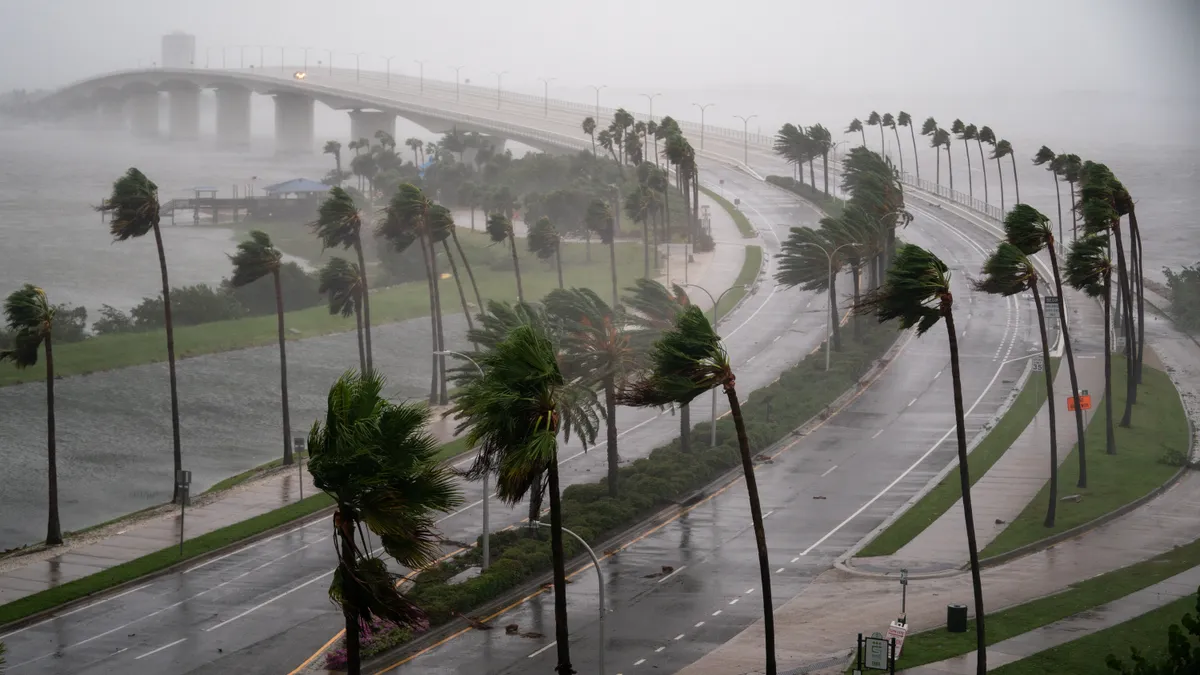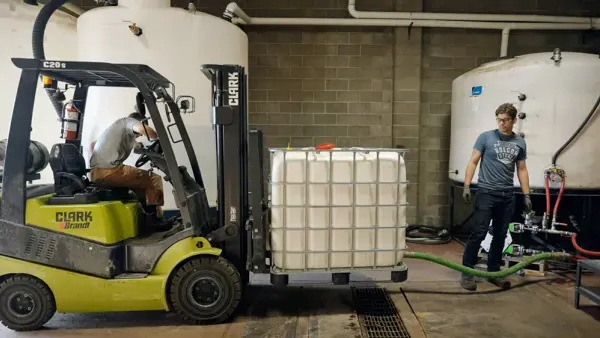As home insurance premiums have increased alongside the severity and frequency of severe weather events due to climate change, participants at a Senate Budget Committee hearing Wednesday drew parallels between the home insurance market and the housing market before the 2008 recession.
Insurers have fled markets in Florida and California due to hurricanes and wildfires, leading to increased premiums for those that remain. Florida’s insurance premiums are the highest in the nation — an average of $6,000 on home insurance or triple the national average of $1,700 — Committee Chair Sheldon Whitehouse, D-R.I., said in an opening statement.
Whitehouse said that all of this gives the appearance of “an insurance market that is circling the drain” and “sounds eerily reminiscent of the run up to the mortgage meltdown of 2008.” He added that “Florida is far from alone.” The insurance industry lost money on homeowners’ coverage in 18 states in 2023, the New York Times reported last month. That list includes Illinois, Michigan, Utah, Wisconsin and Washington, among others.
“Hurricanes and earthquakes, once the most prevalent perils, are being rivaled by hail, windstorms, and wildfires,” Whitehouse said. “Last year, the U.S. experienced 28 billion-dollar extreme weather events. Over the past decade, 28 states have been hit by such events more than twice in a year; 38 states were hit in back-to-back years. Losses are expected to climb.”
Rade Musulin, principal for Finity Consulting, was involved in Florida’s response to Hurricane Andrew in 1992, and in testimony to the committee drew on his experience as an actuary assessing natural hazard risks and funding their recovery. That response spawned Florida’s Hurricane Catastrophe Fund and the government-run Citizens Property Insurance Corporation.
The Sunshine State’s nation-high insurance premiums are a result of the increased exposure to hurricane claims, inflation and litigation, Musulin said. National insurance companies have sought to reduce their potential losses by leaving Florida’s insurance market, and the market has increasingly leaned on Citizens Property Insurance and smaller insurers in their stead, according to Musulin.
“A major hurricane hitting a densely populated area like Miami could trigger large and long-lasting post-event assessments, or even exceed the system's funding capacity,” Musulin told the committee. “Continued rapid exposure growth and more extreme hurricane losses amplified by climate change will cause increasing stress on the nation's insurance.”
Musulin explained that the ability for Citizens Property Insurance to pay its claims to residents is dependent on the Catastrophe Fund’s ability to pay its reinsurance obligations, and such a catastrophic event could exhaust the state entities’ abilities to meet their commitments.
Ishita Sen, a Harvard Business School assistant finance professor and another panel witness, said as with the lead-up to the 2008 housing market crisis, insurance ratings agencies are giving “inflated ratings” to insurance companies. Sen, whose research focuses on insurance markets, said this has resulted in too much risk.
“Just like what happened during the financial crisis, there were rating agencies that gave out high ratings to pools of mortgages backed by subprime loans,” Sen explained. “The end result is sort of the same; that it’s just too much risk. Too many risky mortgages being originated, in this case backed by really low-quality insurance, that are then entering the financial system.”










